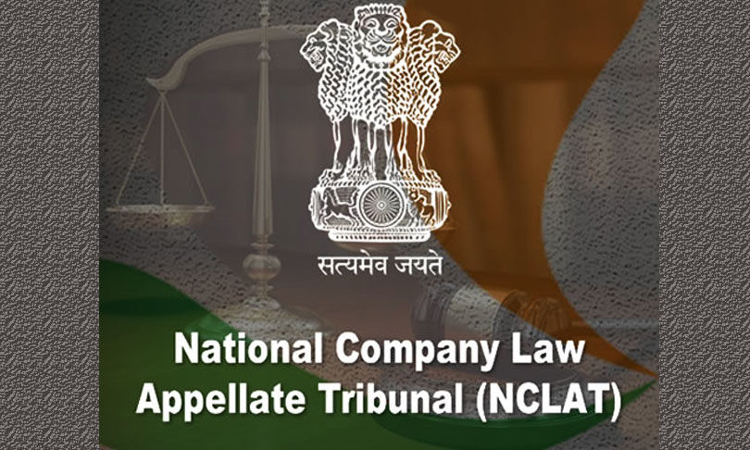Resolution Professional Has Authority To Determine Creditor's Related Party Status: NCLAT
Tazeen Ahmed
7 Nov 2024 4:00 PM IST

Next Story
7 Nov 2024 4:00 PM IST
The NCLAT bench of Justice Rakesh Kumar Jain (Judicial Member), Mr. Naresh Salecha (Technical Member) and Mr. Indevar Pandey (Technical Member) has held that the Resolution Professional (RP) has the authority to determine the related party status of a creditor. The Tribunal also held that In all cases where the Corporate Debtor is controlled by a trust, the trust would fall...
